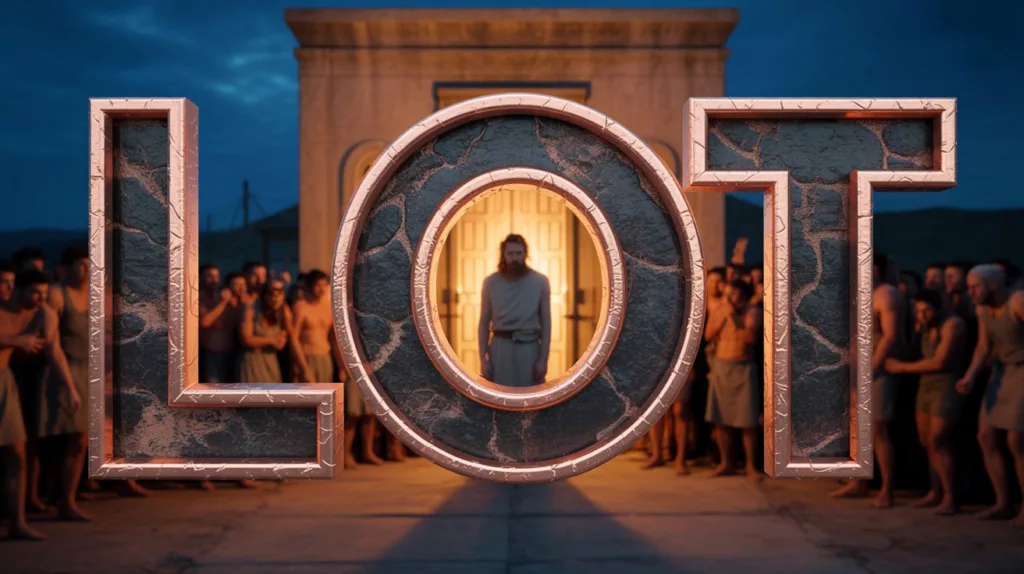Barabbas is mentioned in all four Gospels as a prisoner who was released instead of Jesus Christ during the Passover feast. His name means “son of the father,” and he was known for serious crimes. The Gospels describe him as a notorious prisoner (Matthew 27:16), a robber (John 18:40), and one who had committed murder during an insurrection (Mark 15:7; Luke 23:19).
During the feast, it was customary for the Roman governor to release one prisoner chosen by the crowd. Pilate, the governor, recognizing that Jesus was delivered out of envy, offered the people a choice between releasing Jesus or Barabbas (Matthew 27:17–18). Though Pilate found no fault in Jesus and sought to release Him, the chief priests and elders persuaded the crowd to ask for Barabbas and to demand Jesus’ crucifixion (Matthew 27:20–21).
Pilate asked, “What then shall I do with Jesus who is called Christ?” They cried out, “Let Him be crucified!” (Matthew 27:22). Despite his attempts to reason with them and even after symbolically washing his hands to declare his innocence, Pilate yielded to the crowd and released Barabbas (Matthew 27:24–26).
Barabbas is never mentioned again in Scripture, and the outcome of his life remains unknown. However, his release in place of Jesus serves as a striking picture of substitution. The guilty man is freed, and the innocent Savior is condemned to die. This act reflects the heart of the Gospel, where Christ, the sinless One, takes the place of sinners so that they may go free.
Barabbas symbolizes all humanity: guilty and deserving judgment, yet given mercy because Jesus bore the punishment in our place. His release is not merely historical but theological, illustrating the grace and purpose of Christ’s atoning death.





 Get the book that teaches you how to evangelize and disarm doctrines from every single major cult group today.
Get the book that teaches you how to evangelize and disarm doctrines from every single major cult group today.